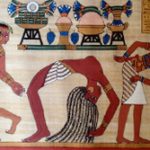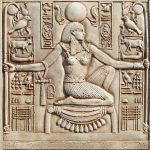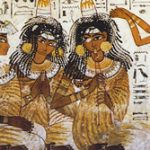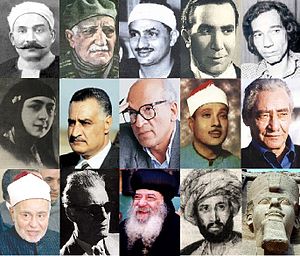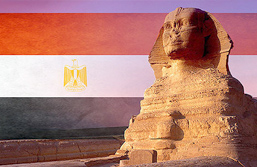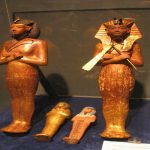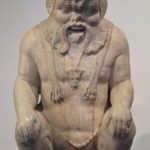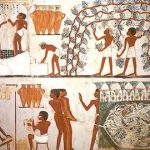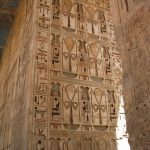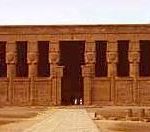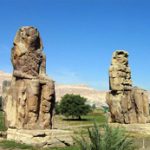
Unlike many other traditional societies, Egyptian women enjoy full equality with men, although they have some different cultural roles. They have the same financial rights and professional respect accorded to them and are vastly influential in the home and the workplace. In Egypt the variations between individuals’ legitimate rights depend much more on contrasts in social class than on gender. Lawful and monetary rights are similar for both men and women in Egypt.
Egypt treats its women better than any other country in the old world. Ancient Egyptian culture already offered women the best chances in comparative Mediterranean societies in terms of their financial, legal and social positions and that trend continrues today.
Egyptian women can own property and, if married, she can claim joint property with her spouse. Property that a woman buys on her own is up to her to sell or do with what she wants.

Ancient Egypt had a wide range of possibilities open to women depending on their social class. Women in the lower classes did not only work inside the home taking care of the family and its needs, they also worked outside the home tending domesticated animals and working in the fields, especially at harvest. Women worked in many occupations, for example they were talented weavers, artists, stewards, writers, artists, brewers, caretakers and cooks. There were also many positions accessible for learned women in ancient times, for example as priestesses, temple overseers, and business managers. In a few cases women even became judges, managers, governors, specialists, and pharaohs!
While a lady was respected and highly regarded in ancient society she was expected to listen to her husband and his wishes, which still continues today in much of Egyptian tradition and contemporary Muslim belief. The woman was in charge of the family and highly respected for that. She looked after the kids, arranged nourishment, cleaned and kept things in order. In well-off and white collar families, servants did a significant part of the work around the house, while the women, especially the affluent, were women of relaxation and leisure. Women of the family were always regarded as highly competent and strong and revered for their ability to keep order in the home and even in the afterlife. 
Egyptian women have always set exceptional importance on individual appearance and cleanliness. Since ancient times a woman’s status has been characterized by her dress, with high class women wearing beautiful garments, extensive cosmetics, and adornments to separate themselves from the lower classes who dressed in more basic ways. Intricate head decorations were especially important in implying a lady’s social standing in ancient Egypt. Higher class women had the opportunity to be educated while lower class usually did not have this opportunity.

















